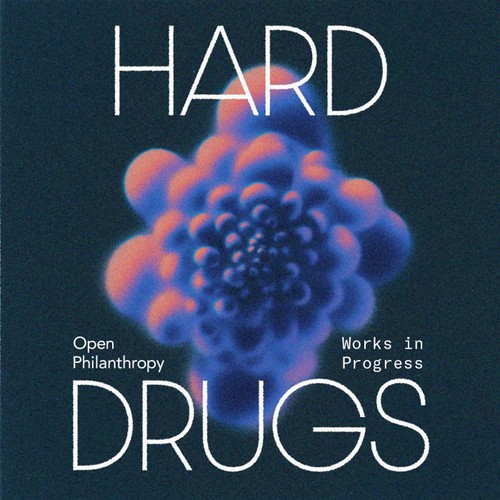
 Works in Progress Podcast
Works in Progress Podcast Will AI solve medicine?
15 snips
Oct 29, 2025 The discussion explores the transformative potential of AI in drug development, tracing its journey from discovery to delivery. Insights reveal AI's strengths in enhancing discovery but highlight the limitations posed by biological complexities and data availability. The hosts debate the need for empirical methods alongside AI, while emphasizing the challenges of recruiting participants for clinical trials. They also analyze economic incentives that skew R&D priorities and caution against misinformation in public health. Ultimately, AI aids innovation but cannot tackle all barriers alone.
AI Snips
Chapters
Books
Transcript
Episode notes
Progress Is Uneven Across Biology
- Biology remains far more complex than many expect, and solved subproblems aren't representative of the whole field.
- Klaus Wilke argues successful AI work focused on data-rich, easier problems, leaving many biological challenges unsolved.
Discovery Doesn't Require Full Understanding
- Drug discovery can succeed without full mechanistic understanding via epidemiology, high-throughput screening, or repurposing.
- Historical examples include Jenner's vaccine, Tu Youyou's artemisinin, and the schizophrenia drug xanomeline repurposing.
Prioritize Deep, Targeted Data Collection
- Collect richer sequencing and environmental exposure data to identify causal disease factors and rare-disease mechanisms.
- Targeted data collection (case clusters, exposures) often reveals causes absent from published literature.

